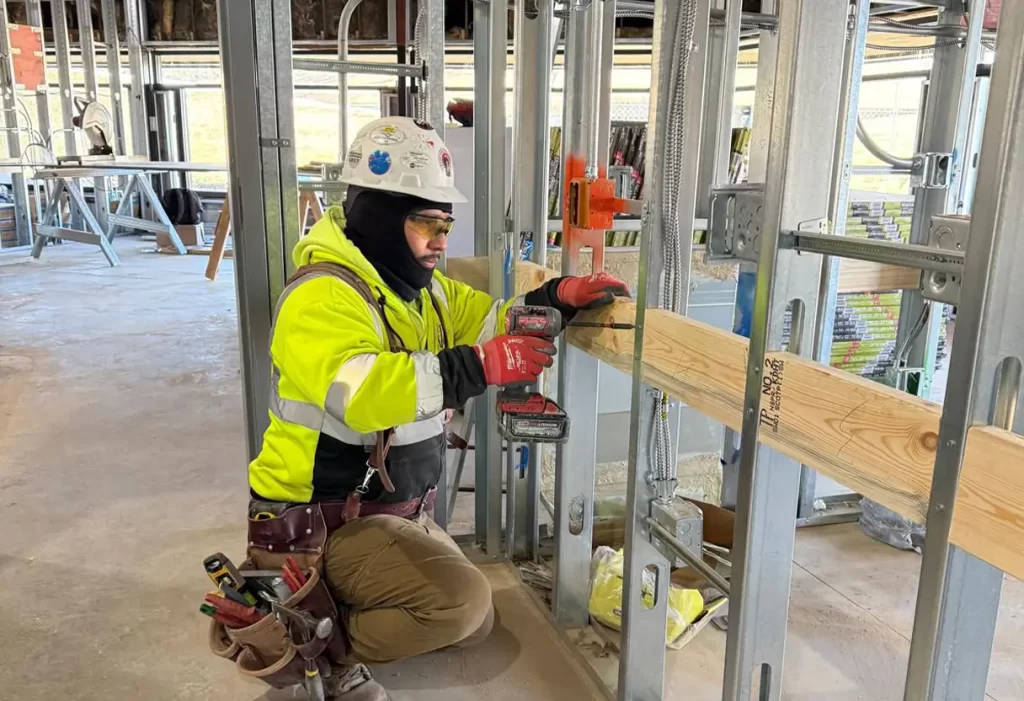The construction industry is constantly evolving, driven by technological advancements, environmental concerns, and changing societal demands. From sustainable materials to innovative building techniques, the future of construction promises to be exciting and transformative.
Sustainable Construction: Building a Green Future
As the world grapples with the challenges of climate change, sustainable construction has become a top priority. This involves using eco-friendly materials, such as recycled wood, bamboo, and recycled concrete, as well as implementing energy-efficient construction practices.
Furthermore, green buildings are designed to minimize their environmental impact throughout their life cycle, from construction to demolition. This includes incorporating renewable energy systems, such as solar panels and wind turbines, as well as implementing water conservation strategies.
Technology in Construction: Revolutionizing the Industry
Technology is transforming the construction industry in countless ways. Building Information Modeling (BIM) allows architects, engineers, and contractors to create detailed 3D models of buildings, facilitating collaboration and reducing errors.
3D printing is another promising technology that is revolutionizing how buildings are constructed. This technique enables the creation of complex and customized building components, reducing waste and speeding up the construction process.
Modular Construction: Speed and Efficiency
Modular construction involves manufacturing building components in a factory and then transporting them to the construction site for assembly. This method offers numerous advantages, such as faster construction, lower costs, and higher quality.
Modular construction is especially well-suited for high-rise projects and residential buildings, as it allows for the simultaneous construction of multiple units.
The Future of Construction: An Exciting Landscape
The construction industry is undergoing an unprecedented transformation. Sustainable construction, technology, and modular construction are paving the way for a more efficient, eco-friendly, and sustainable future.
As the industry continues to evolve, we can expect to see even more exciting innovations in the years to come. From self-healing materials to smart buildings that adapt to the needs of their occupants, the future of construction promises to be an exciting one.
Conclusion
The construction industry is at the forefront of innovation. By embracing sustainable practices, leveraging technological advancements, and exploring new building methods, we can build a better future for all.
What are your thoughts on the future of construction? Share your ideas in the comments below.


